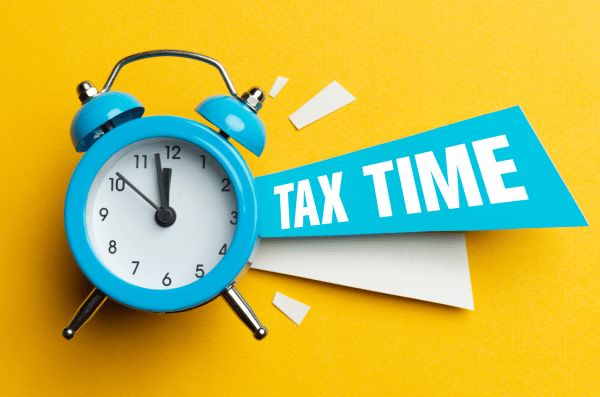A Comprehensive Guide
Running a home-based business offers flexibility, independence, and the opportunity to turn your passion into profit. But did you know it also comes with significant tax advantages? Understanding these tax breaks can help you save money and reinvest in your business. Here’s a detailed look at the tax benefits available for home-based entrepreneurs.

1. Home Office Deduction
One of the most well-known tax breaks for home-based businesses is the home office deduction. If you use a specific area of your home exclusively for business purposes, you may qualify for this deduction. The IRS allows you to deduct expenses such as rent, mortgage interest, utilities, and maintenance costs proportional to the size of your home office.
Key Requirements:
- The space must be used exclusively for business.
- It must be your principal place of business.
2. Utilities and Internet Costs
Running a business from home means you rely heavily on utilities like electricity, water, and internet. You can deduct a portion of these expenses based on the percentage of your home used for business. For example, if your home office occupies 10% of your home, you can deduct 10% of your utility bills.
3. Office Supplies and Equipment
Any supplies or equipment you purchase for your business, such as computers, printers, furniture, and stationery, are fully deductible. Keep receipts and records to ensure you can claim these expenses during tax season.
4. Business Travel and Vehicle Expenses
If your home-based business requires travel, whether for client meetings or attending industry events, you can deduct travel expenses such as airfare, hotel stays, and meals. Additionally, if you use your personal vehicle for business purposes, you can deduct mileage or actual expenses like gas and maintenance.
5. Marketing and Advertising Costs
Promoting your business is essential for growth, and the good news is that marketing and advertising expenses are tax-deductible. This includes costs for social media ads, website hosting, business cards, and promotional materials.
6. Health Insurance Premiums
If you’re self-employed and running a home-based business, you may be eligible to deduct health insurance premiums for yourself, your spouse, and your dependents. This can be a significant saving for entrepreneurs who don’t have access to employer-sponsored health plans.
7. Education and Training
Investing in your skills and knowledge is crucial for business success. Expenses related to courses, certifications, seminars, and books that enhance your business expertise are deductible.
8. Depreciation of Assets
If you purchase expensive equipment or make improvements to your home office, you can deduct the depreciation of these assets over time. This includes items like computers, office furniture, and even renovations to your workspace.
9. Business Insurance
Protecting your business with insurance is a smart move, and the premiums for business-related insurance policies are tax-deductible. This includes liability insurance, property insurance, and even cyber insurance.
10. Retirement Contributions
As a home-based business owner, you can set up retirement accounts like a SEP IRA or Solo 401(k) and deduct contributions. This not only helps you save for the future but also reduces your taxable income.
How Do Tax Breaks for Home-Based Businesses Differ from Traditional Businesses?
While traditional businesses may have access to similar deductions, home-based businesses benefit from unique advantages like the home office deduction and the ability to claim a portion of household expenses. These breaks are tailored to entrepreneurs who operate from their residence, making them distinct from those available to brick-and-mortar businesses.
Eligibility Requirements for Claiming Tax Breaks
To qualify for these tax breaks, you must meet specific criteria:
- Your business must be legitimate and actively generating income.
- You must maintain accurate records of expenses and income.
- For the home office deduction, the space must be used exclusively for business purposes.
Final Thoughts
Tax breaks for home-based businesses can significantly reduce your financial burden and help you maximize profits. By understanding and leveraging these deductions, you can reinvest in your business and achieve long-term success. Always consult a tax professional to ensure you’re claiming all eligible deductions and complying with IRS regulations.
Ready to take your home-based business to the next level? Start tracking your expenses today and unlock the full potential of these tax benefits. If you have questions or need assistance, feel free to reach out to a tax advisor or explore resources tailored to home-based entrepreneurs.








Leave a Reply